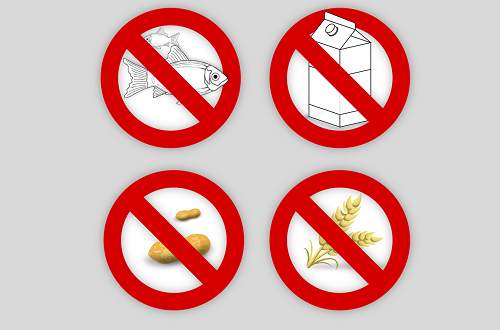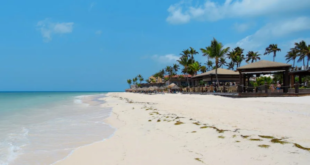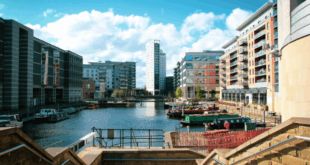According to Allergy UK, 1-10% of adults and children suffer with a food hypersensitivity. A further 1% including myself, are coeliacs requiring a strict gluten free diet. For anyone suffering from a condition requiring a special diet, the thought of travelling within the UK never mind further afield can be daunting. With careful planning though, there is no reason sufferers should miss out.
Dietary Conditions – Before you book homework
The internet has made life easier. Before booking, look online to see what is on offer where you would like to go. Find out the local terms for your condition, obtain or create local language cards describing your condition and requirements. Charity groups such as Coeliac UK and Anaphylaxis Campaign offer excellent advice. There may also be support groups and local tourist offices where you are travelling with valuable information.
Contact hotels and restaurants where you plan to stay, asking them what they can offer. Their response will give you an indication of how well they understand the seriousness of your condition. If their response gives you doubts, it’s worth trying elsewhere. In any booking note and check it is recorded, your dietary requirements. Sending an additional email just to make sure, is worth doing.
If you are on medication, it’s wise to obtain a doctors letter in case of issues with airport security or immigration officials.
Travelling
Be prepared for problems. Delays particularly with flights are all too common, sometimes the knock on effect can have consequences, such as special meals being lost. Always travel with snacks and medication you need in your hand luggage. If you have an adrenaline injector, make sure it’s handy and that you and people you are travelling with, know how to use it. On boarding, advise cabin crew of your condition.
Be aware of any travel and security restrictions, you don’t want to lose medication or emergency food.
During your stay
Make staff aware of your condition, ensure they understand that it is a serious medical condition and that you are not just a fussy eater.
Check and check again. If you are not sure, don’t take any chances. It may be boring and less appetising, but keep to simple plain dishes if you have doubts.
As a coeliac, I find main meals in a restaurant less of a problem than snacks during the day. I also find gluten free breakfast cereals in hotels extremely rare, so I take my own.
Emergencies
Make sure you and importantly fellow travellers are aware of what to do if an emergency does arise. Know local numbers for emergency services and have your translation cards to hand. out options based upon what you can and cannot eat. Be prepared with snacks, medications and back-up plans in the event of a mistake, accident or emergency. Communicate your special dietary requirements effectively with airline, hotel, cruise line, restaurant and hospitality professionals as needed.
Here is a link to a useful article by Wanderlust Travel Magazine
 Travellers Club The Travellers Club, a free to join on-line club for everyone who loves to travel.
Travellers Club The Travellers Club, a free to join on-line club for everyone who loves to travel.









